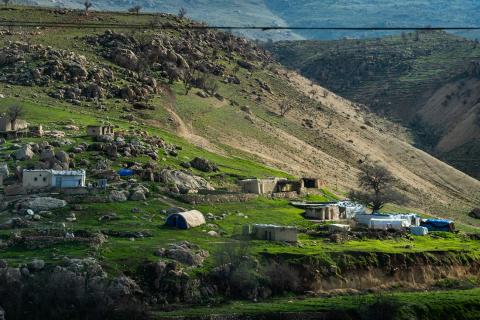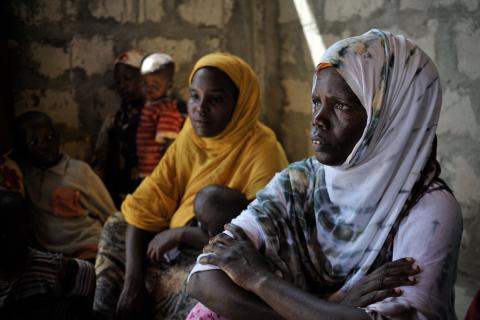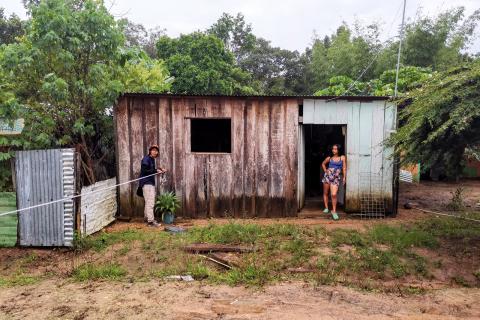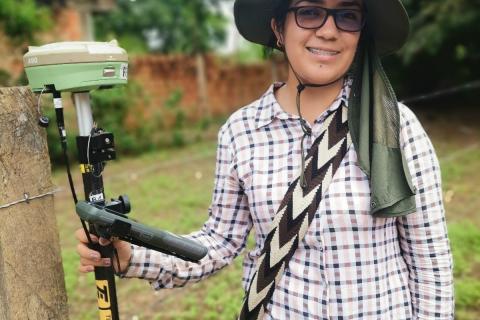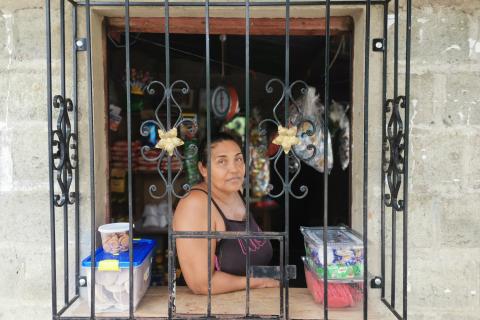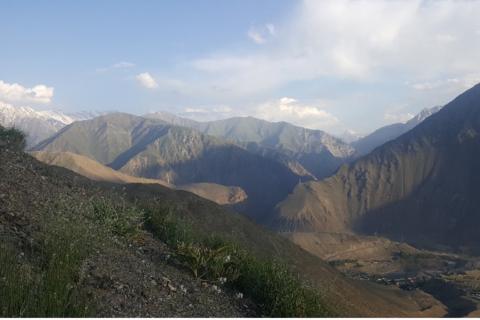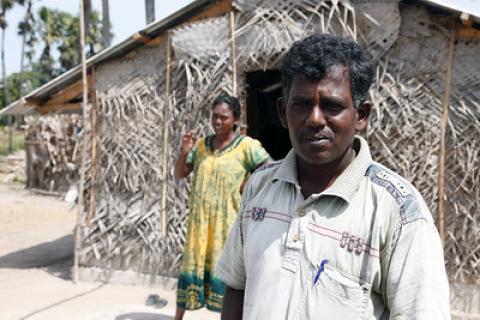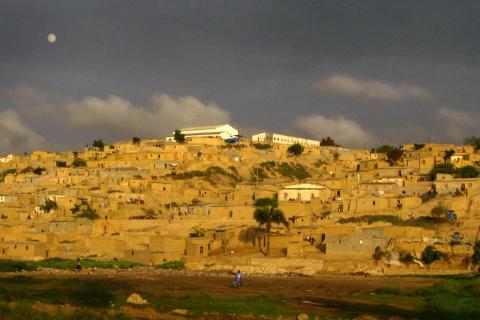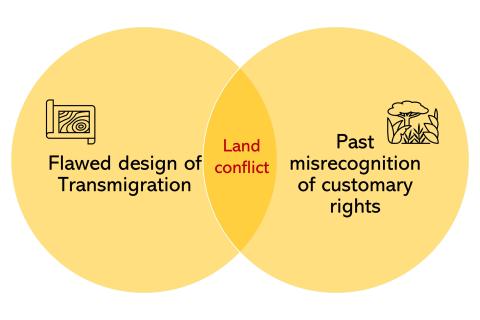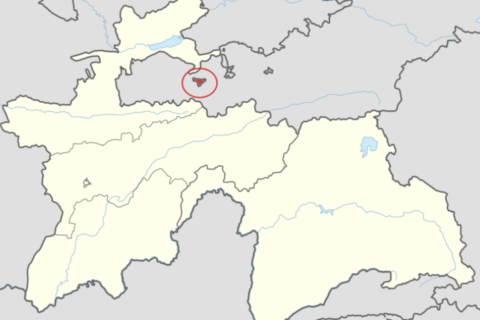Justice innovation in Iraq:Introducing the justice innovation component to the LAND-at-scale activities in Iraq
The Hague Institute for Innovation of Law (HIIL) and the Netherlands Enterprise Agency (RVO) are delighted to announce a new collaboration for complementary LAND-at-scale activities in Iraq. Activities focus on justice innovation and support: by scouting, vetting, selecting and supporting promising local and existing justice initiatives in Northern Iraq, HIIL aims to strengthen the localization of justice solutions for Iraqi people.

